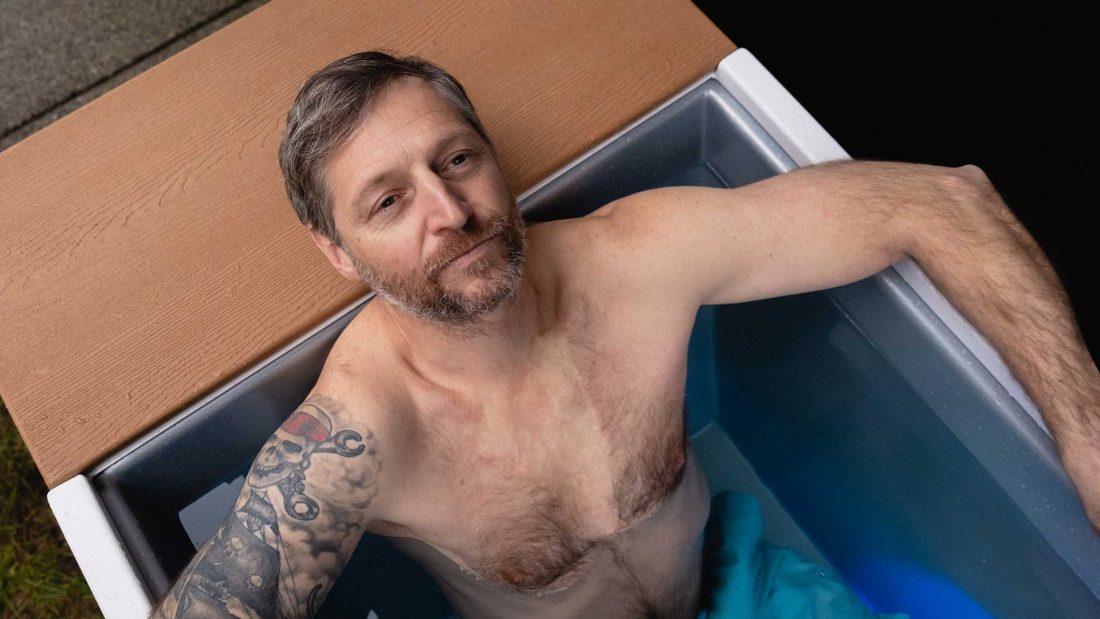Putting Your Stress on Ice: Cold Plunge and Anxiety
Anxiety is a normal human response — whenever we’re faced with future uncertainties and situations beyond our control, our bodies prepare us for imminent challenges by releasing and modulating hormones such epinephrine, norepinephrine and thyroid hormone, as well as the neurotransmitter GABA. This response, known as “sympathetic nervous system activation”, raises our alert level, increases our heart rate and blood pressure, and helps us to be ready to act in the case of immediate danger. When the threat subsides, the body returns to its normal resting, or parasympathetic, state.
This cycle of “fight-or-flight” and “rest-and-digest” served humans well for the hundreds of thousands of years when dangers were real, short-lived and physical. Many of the threats we faced were life-threatening, and our ability to respond to them was key to the survival of the species.
Today we have largely eliminated the threats that pre-agricultural humans regularly faced. Our bodies, however, are still primed to respond to threats, and in the absence of real, physical danger, our biggest stressors now come from money and job problems, relationship woes, body image issues, FOMO, traffic congestion and even boredom. These new stressors are different — they are chronic, complex, and less “real” in the sense that they are usually social-mental-emotional rather than physical.
If left unchecked, chronic modern stressors can lead to anxiety disorders and a host of associated health problems. Indeed, there is significant correlation between the increase in chronic stress and the rise in “diseases of civilization”.
Many cold plunge advocates report that their cold water practice is key to managing their stress and anxiety. From an evolutionary perspective, it may be that by reintroducing acute physical stress (e.g. immersion in very cold water for a short period of time), the sympathetic nervous system is forced into high gear; when the threat is removed (i.e. you get out of the water), the body realizes the danger is past and settles back into the “rest and digest”, or parasympathetic, state of being. Recent studies have shown that periodic acute stresses can have a positive impact on health, whereas chronic stress can suppress the immune system and promote autoimmune and inflammatory responses.
Cold water therapy, whether cold showers, cold water swimming, ice baths or cold water immersion may be the key to unlocking your evolutionary stress management tools. A little cold water for a short period of time may be just what you need to overcome chronic stress, eliminate anxiety and boost your health and vitality.



